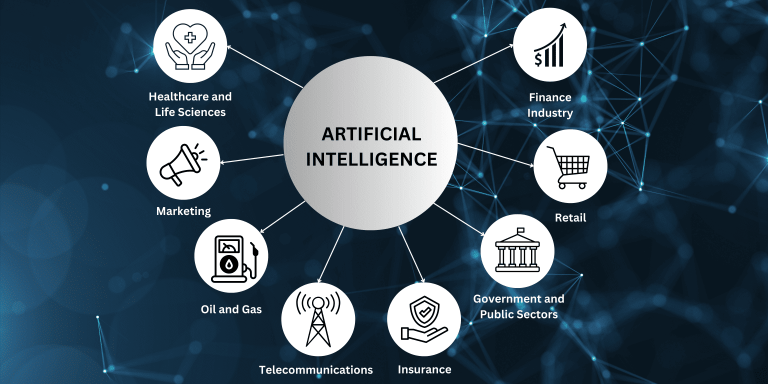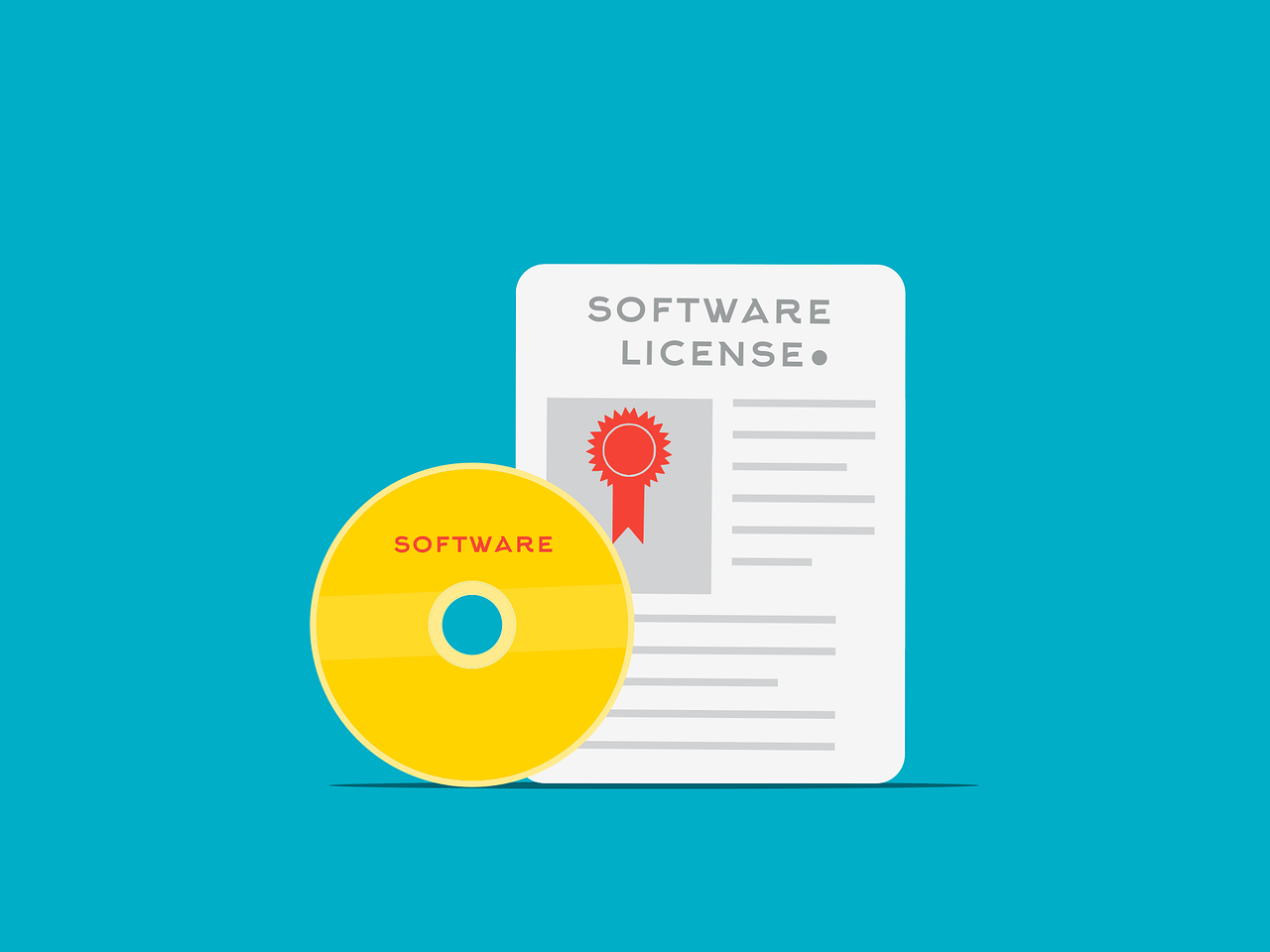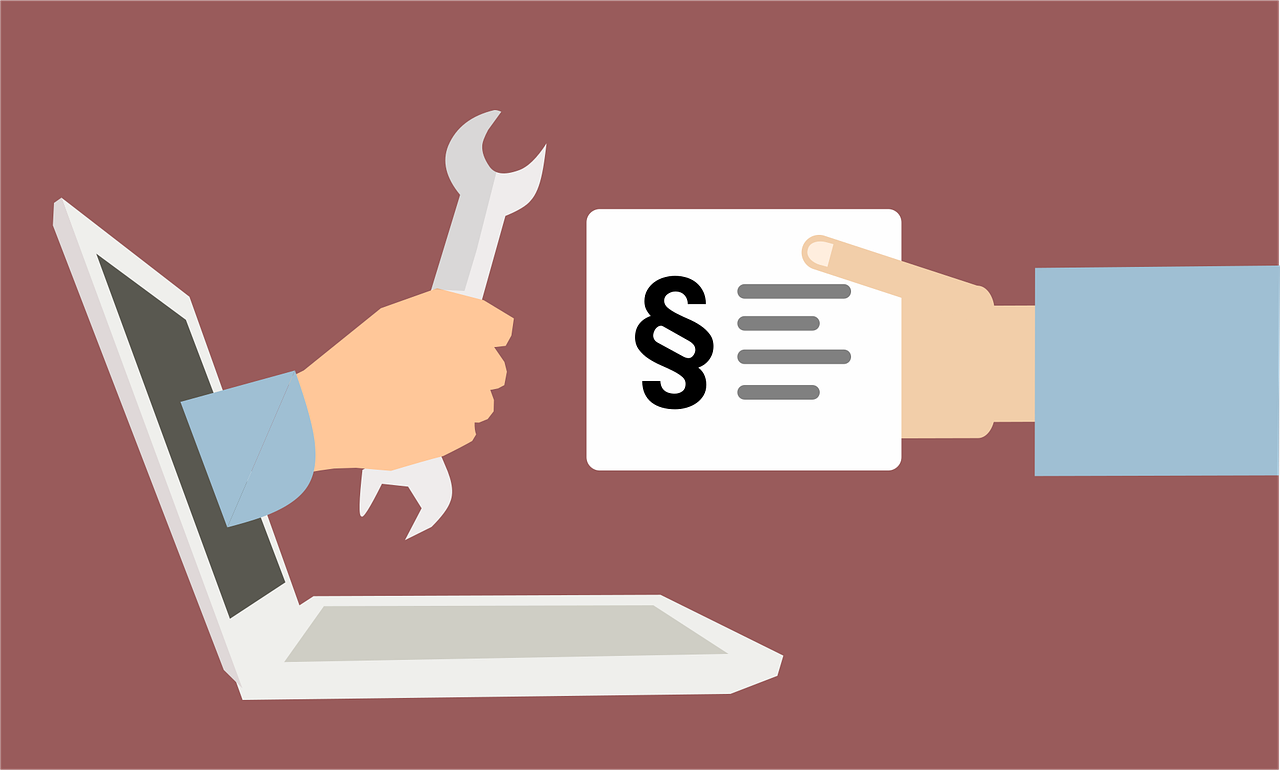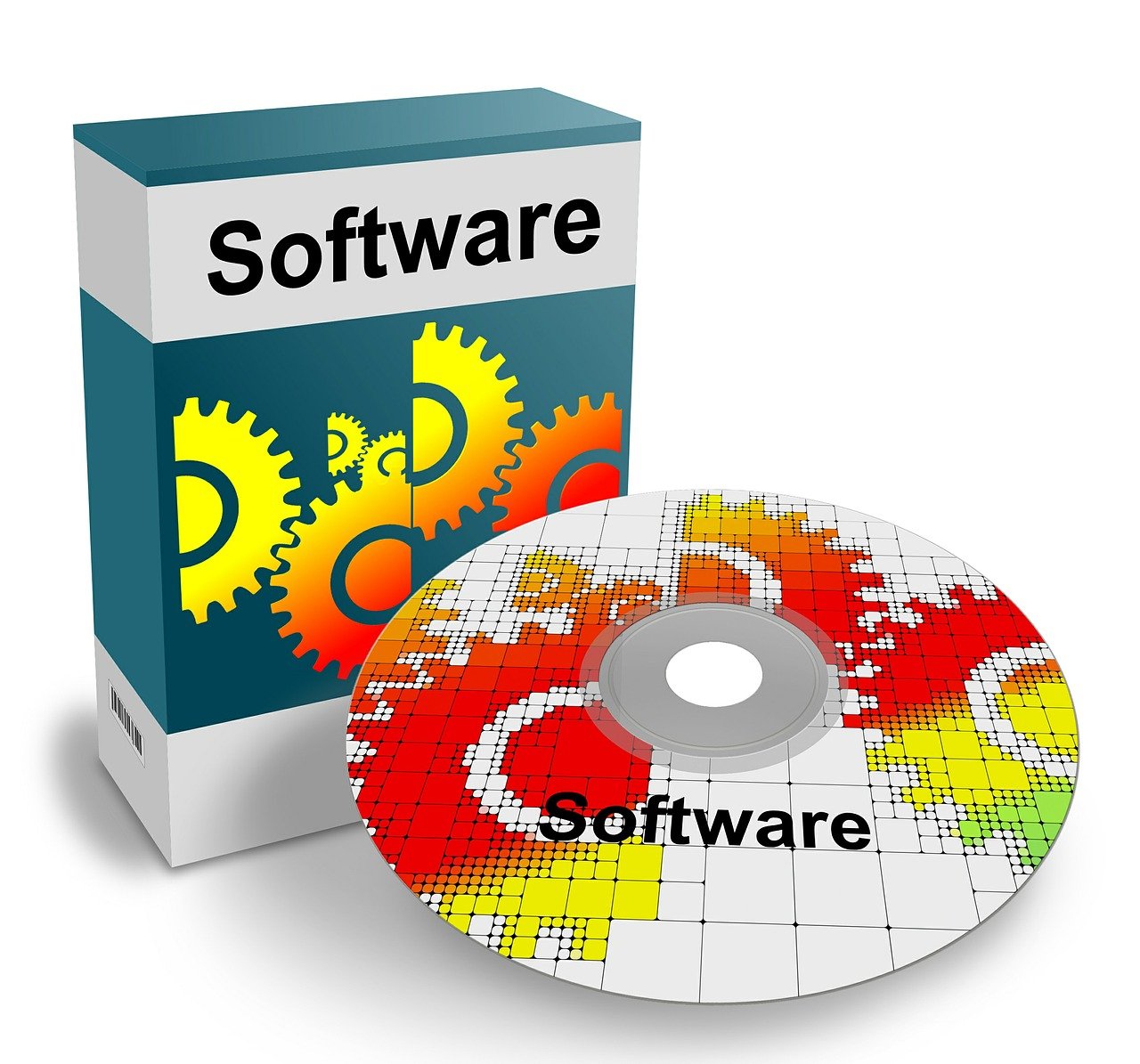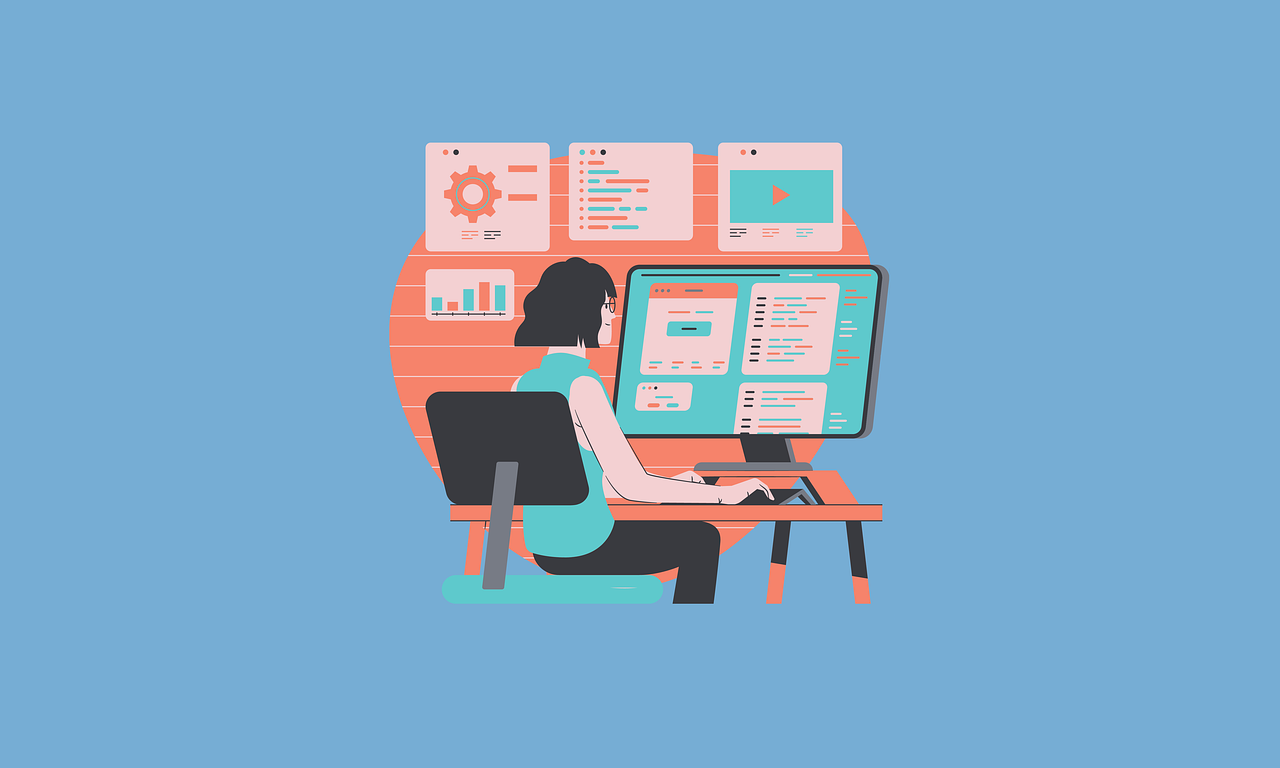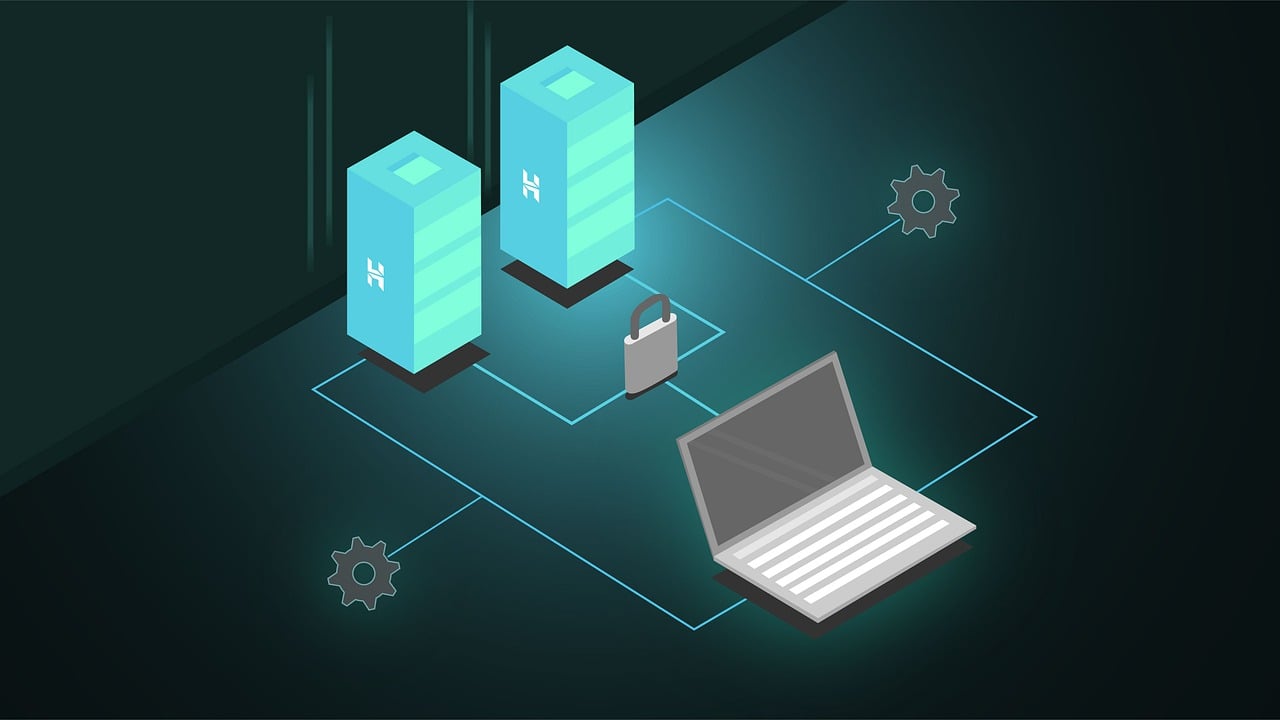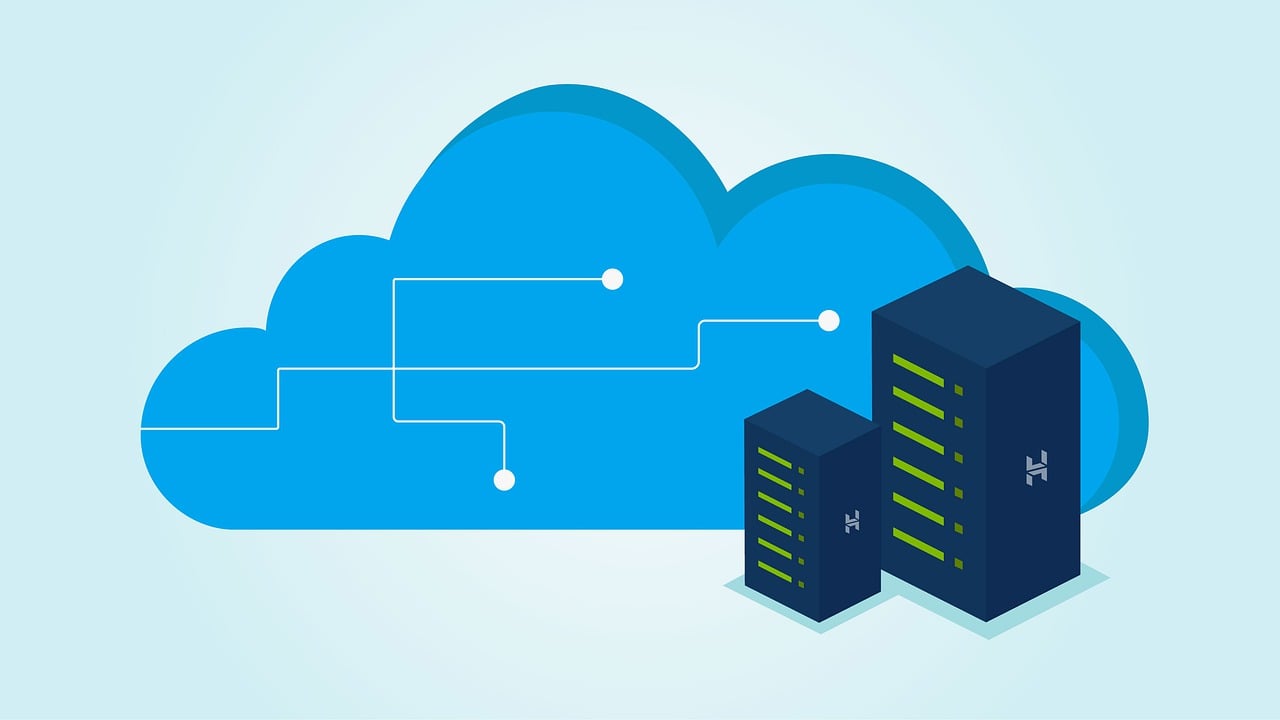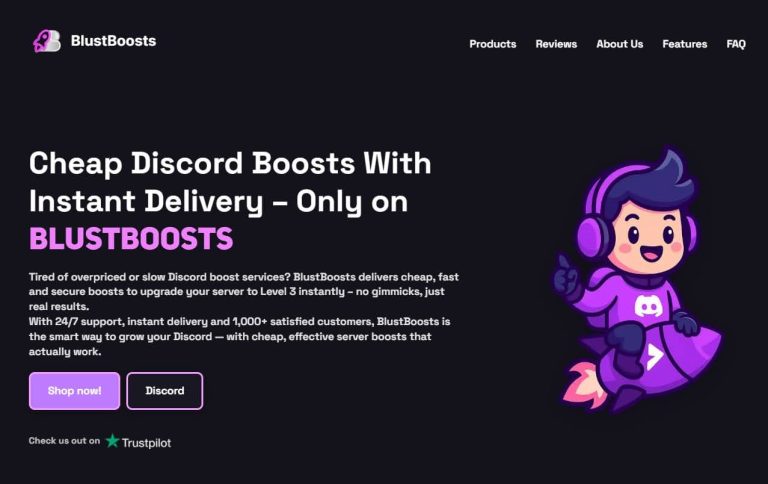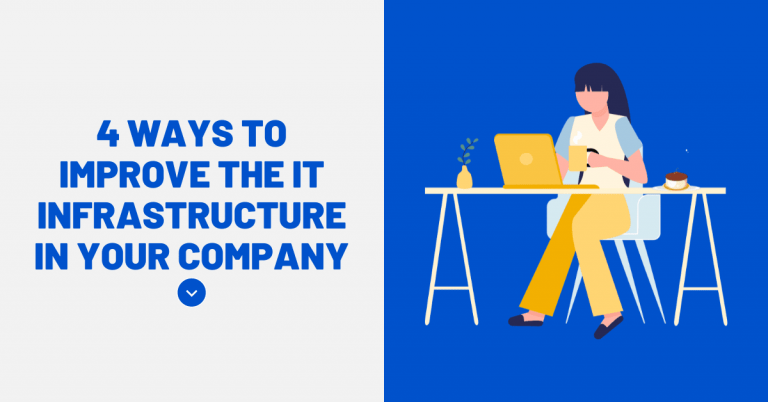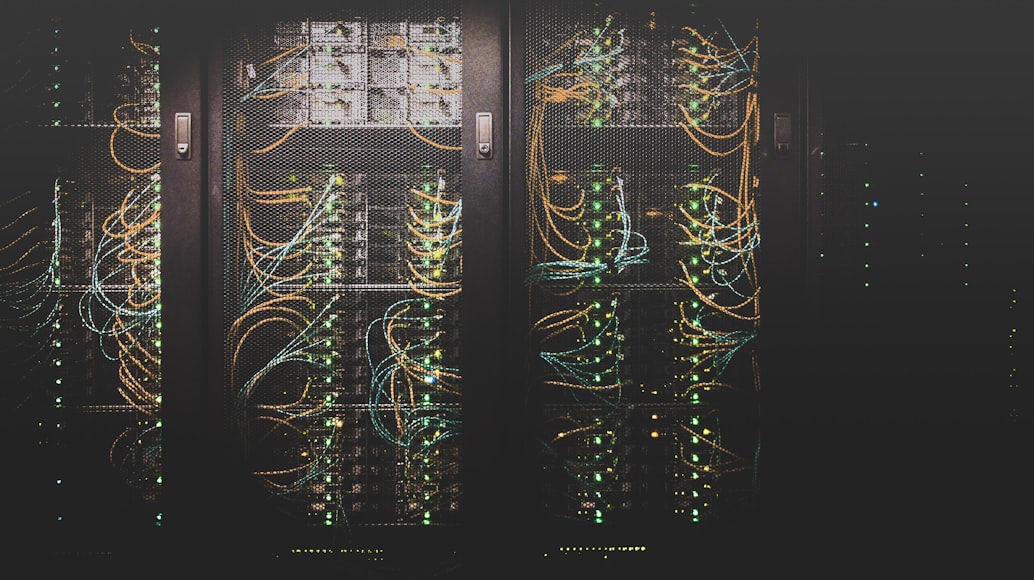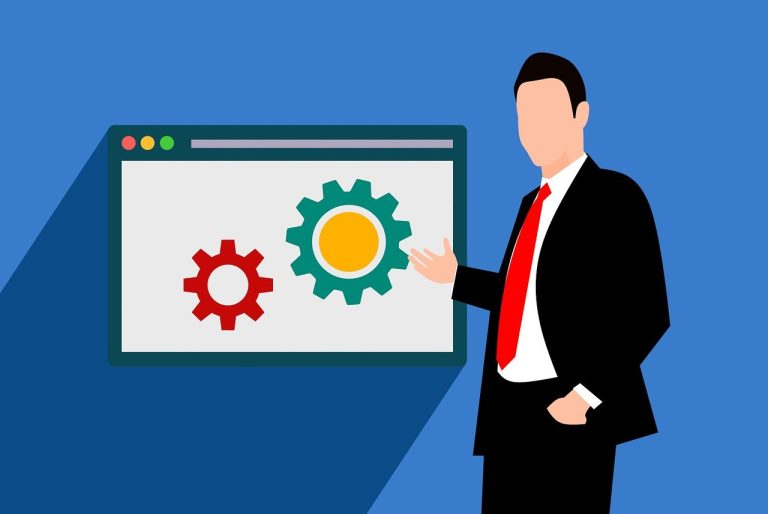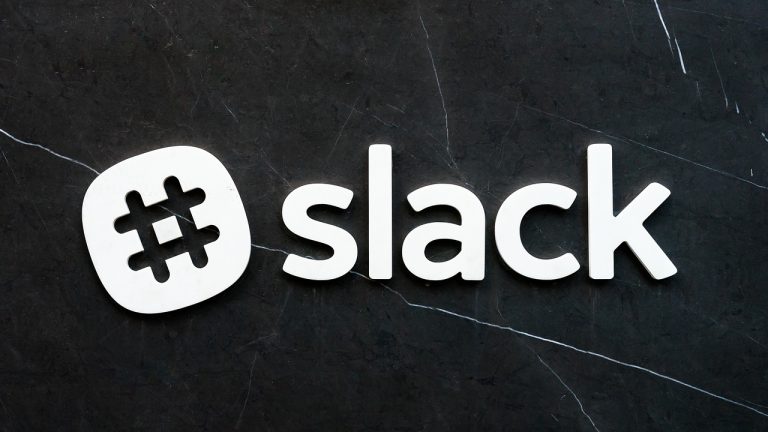In this post, I will talk about when and where plane banners are most effective.
Many people struggle to reach large groups with their ads. This post will guide you on the best times and places for aerial marketing success.
Find out how to get your message noticed high in the sky.
Table of Contents
Best Times for Plane Banners
Picking the right time makes flight banners stand out and grab more attention. Certain periods bring bigger crowds, which can boost your brand’s visibility and message impact.
Weekends and Holidays
Plane banners get more views on weekends and holidays. More people go outside for leisure activities during these times, filling beaches, parks, and other outdoor spots. Flights carrying banner advertising can target big crowds enjoying their day off.
Aerial marketing works well because people are relaxed and often look up at the sky.
Event promotion peaks on major holidays such as July 4th or Labor Day in the United States. These days attract families to parades, sports events, or festivals. Outdoor advertising, like flight banners helps brands build stronger brand awareness with a wide target audience.
Holidays bring out larger crowds, offering maximum media exposure for your message.
In addition to aerial marketing, businesses should consider college marketing as a strategic way to engage a younger demographic during campus events.
Spring Break for Beach Crowds
Spring Break draws large crowds to beaches every year. Many students head to the coast for fun and sun. This is a perfect time for plane banners. They catch people’s eyes while enjoying their beach day.
Bright colors and clear messages help boost brand awareness.
Most beachgoers are relaxed and open to new ideas during this time. Brands can connect with their target audience easily. Outdoor advertising in these moments creates great engagement, especially with tourists looking for leisure activities.
The warm weather adds to the effectiveness of flight banners at coastal locations. Next, let’s explore where else plane banners shine best.
Major Events: Sports, Concerts, and Festivals
Major events attract large crowds. Sports games and concerts draw many fans eager for a good time. Festivals bring together people who love food, music, and fun activities. Plane banners work well in these places because of high visibility.
They can catch the attention of thousands in just a few moments.
Outdoor advertising at these events boosts brand awareness. Many attendees share photos on social media or talk about what they see, increasing engagement with the message. Event promotion through flight banners reaches target audiences clearly and quickly.
It creates excitement around products or services linked to those popular happenings.
Peak Hours: Lunchtime or Rush Hour
Moving from major events, peak hours are also great for plane banners. Lunchtime sees many people outside. They enjoy breaks and relax in parks or restaurants. During rush hour, traffic is heavy on the roads.
Drivers often look up as they wait.
Visibility is key during these times. Ads above busy areas catch many eyes at once. Clear skies help too; it makes the banner stand out more against the blue backdrop. These peak times can boost brand awareness and increase engagement with your message.
Clear and Warm Weather Conditions
Incorporating market timing strategies can significantly enhance the effectiveness of your aerial advertising campaigns.
Clear and warm weather helps plane banners stand out. Sunny skies create great visibility. People are more likely to be outside, enjoying leisure activities. This means more eyes on the banner.
Warm days attract larger crowds, especially at events or beaches. The bright sun makes colors pop and messages clearer in the sky. A well-placed banner can enhance brand awareness significantly during nice weather conditions.
Clear skies provide a perfect backdrop for effective outdoor advertising.
Best Locations for Plane Banners
Plane banners work best in spots with lots of people. Think about busy beaches and popular events where crowds gather. Studies show that plane banners can grab thousands of eyes at once.
Beaches with Large Crowds
Beaches with large crowds are great spots for plane banners. Many people visit popular beaches during weekends and holidays. Banners can grab attention while sunbathers relax on the sand.
Spring break brings even more beachgoers, making it an ideal time for aerial marketing.
High visibility is key at these locations. People often take breaks from swimming or playing volleyball to look up at the sky. This gives brands a chance to reach their target audience effectively.
By promoting events or products in these busy areas, companies boost brand awareness and engage potential customers easily.
Sports Stadiums and Concert Venues
Sports stadiums and concert venues are great places for plane banners. These locations have many fans gathered in one spot. For big games or popular concerts, the crowd can be huge.
A banner flying overhead grabs attention easily. It helps with brand awareness and event promotion.
Banners work well during peak times like halftime at sports events or between acts at concerts. Fans tend to look up when they hear planes nearby. This makes banners more visible and engaging for the target audience.
When large crowds gather, outdoor advertising becomes very effective in these busy places.
Downtown Areas in Major Cities
Downtown areas in major cities are great spots for plane banners. They attract crowds of people every day. Busy workers, tourists, and shoppers all gather here. High foot traffic means more eyes on your message.
Banners can promote brands and events effectively.
Visibility is key in these urban settings. Large buildings do not block the view as much as smaller towns. People can see the banner from afar. This helps to raise brand awareness quickly and clearly, making it a smart choice for outdoor advertising campaigns.
The next section looks at beaches with large crowds where banners shine even brighter.
Highways with Heavy Traffic
Highways with heavy traffic are perfect for plane banners. Many people are stuck in their cars during rush hour. This gives brands a great chance to reach them. A colorful banner can catch eyes when drivers have time to look up.
Banners work well at these busy spots because they provide high visibility. Drivers often see the same stretch of road daily, making repeated exposure valuable for brand awareness.
The message on the banner needs to be clear and easy to read quickly. With so many cars around, a bold design helps grab attention fast. Plane banners used in these areas boost outdoor advertising and engage target audiences effectively.
Festivals and Popular Tourist Spots
Plane banners work well at festivals and popular tourist spots. These places attract many people who enjoy leisure activities. Crowds gather for food, music, and fun events. A bright banner in the sky grabs their attention.
Locations like fairs or concerts are perfect for visibility. Tourists also visit iconic sites that draw large groups. They often take pictures or share on social media, increasing brand awareness.
This boosts engagement with your target audience during special events.
Conclusion
Plane banners can make a big impact when used at the right times and places. They shine during weekends, holidays, and special events. Popular spots like beaches and sports venues offer great visibility.
With good weather, your message reaches more people. Use these tips to boost engagement and brand awareness effectively.
INTERESTING POSTS








